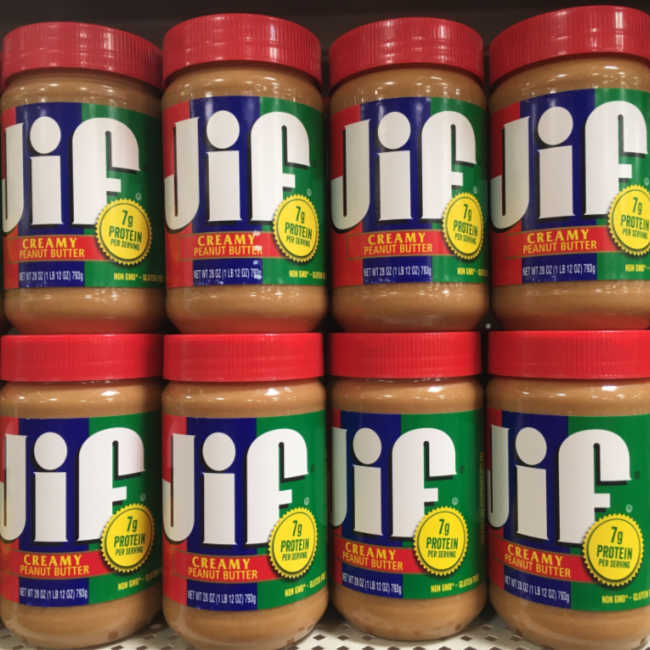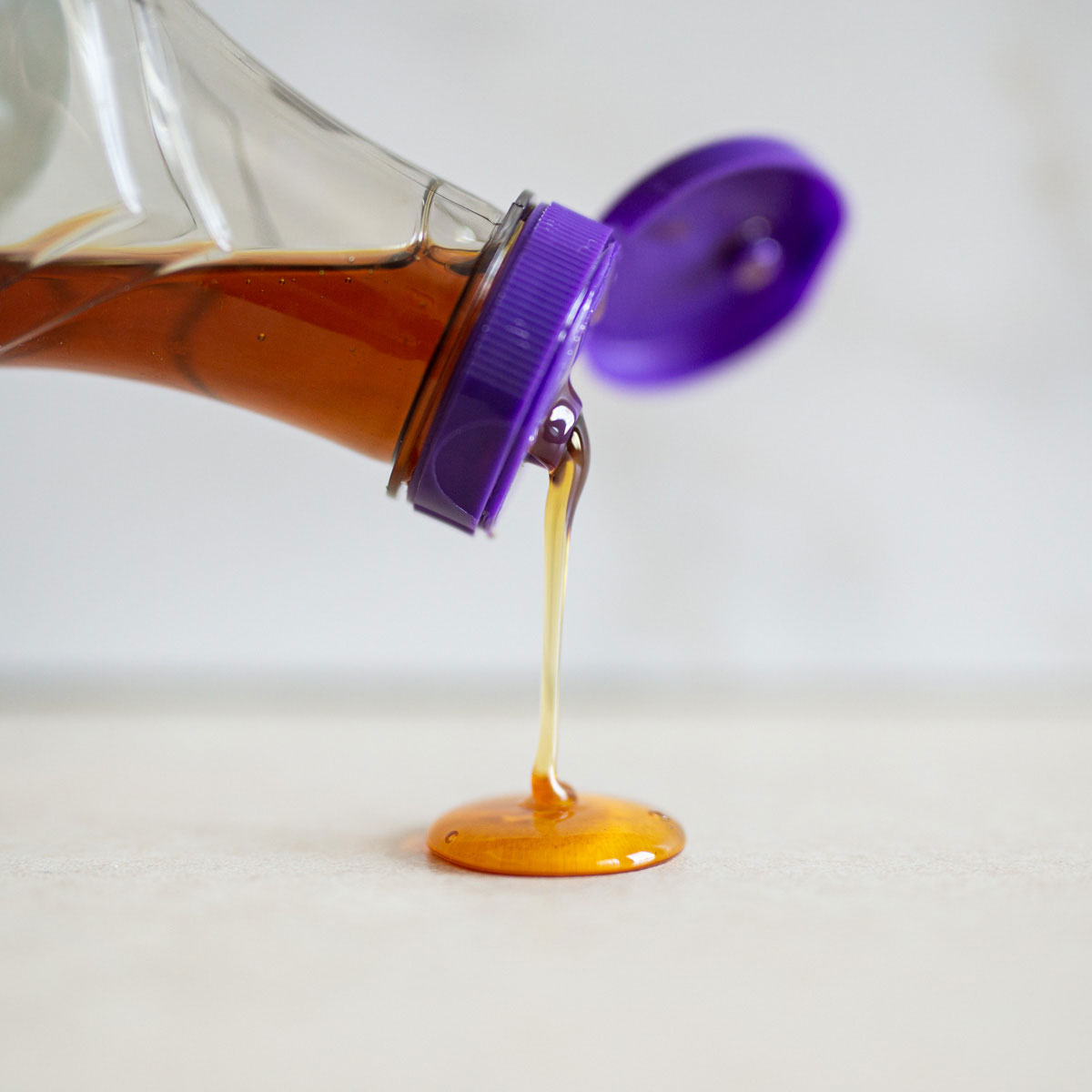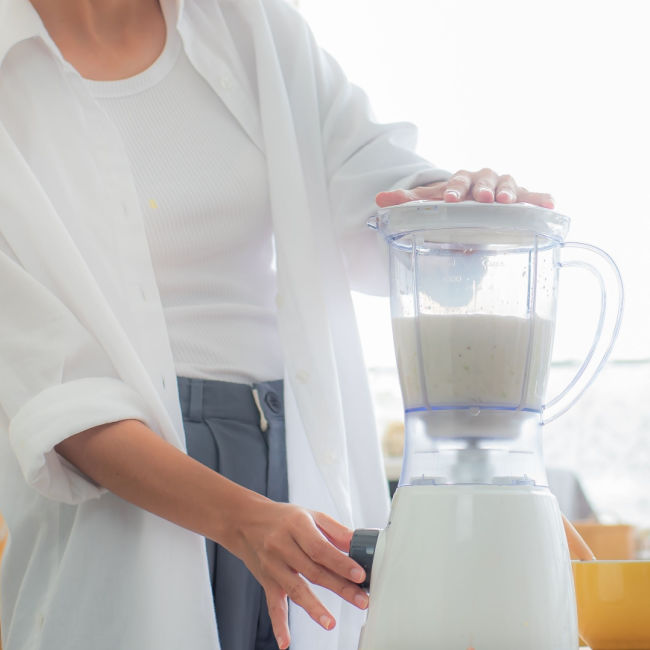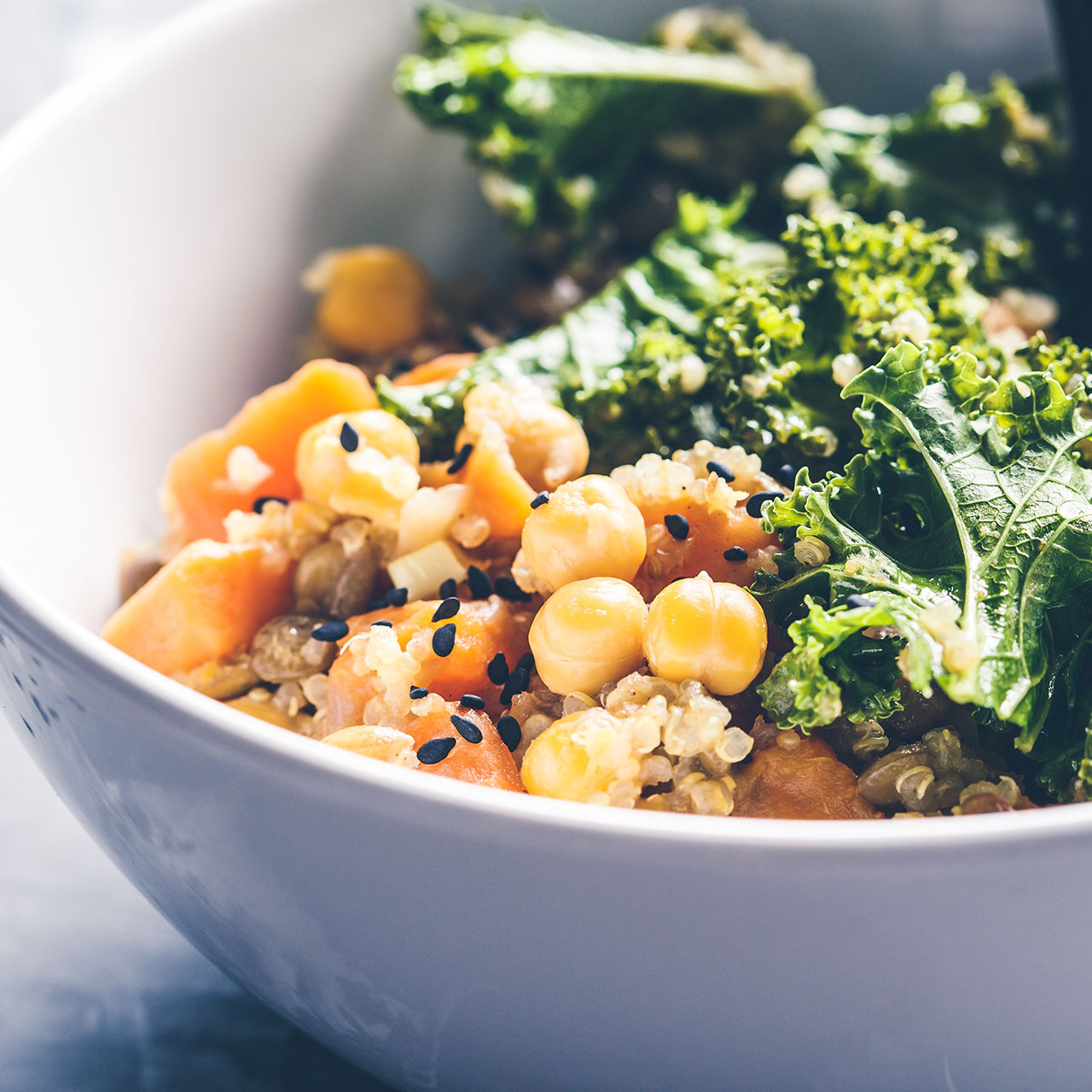Smoothies are often perceived as the epitome of health in a glass. However, while it’s true that sipping on smoothies can be a great way to maintain your health while satisfying your sweet tooth, it’s important to remember that these beverages are only as healthy as the ingredients you add to them. There are plenty of delicious, nutritious ingredients to add to the mix, but there are also many seemingly healthy ingredients that could actually be loading your glass with more sugar than you may think.
To discover a few of the most surprising high-sugar ingredients that you may want to think twice before adding to your blender, we spoke to nutritionist Lisa Richards. She shed some light on the dark side of certain nut butters and agave, emphasizing their contribution to excess sugar and calories in our beloved blended beverages.


Certain nut butters
Nut butters such as peanut butter and almond butter are a common ingredient in many smoothie recipes. But while nuts are nutritious, offering up great healthy fats, some nut butters could add a lot of sugar to the mix. Richards warns against the deceptive allure of nut butters in smoothies, cautioning, "Nut butters can contribute excess sugar and calories when sweetened or containing added sugars." Many commercial nut butters, despite their healthy image, may also harbor unhealthy oils or preservatives. The key, according to Richards, lies in opting for "natural, unsweetened nut butters" to sidestep unnecessary sugar intake.
Richards acknowledges the nutritional value of nut butters but underscores their calorie density. She advises moderation through "using smaller portions to moderate calorie intake." Additionally, savvy smoothie enthusiasts can explore alternatives to peanut butter like almond or cashew butter, which often boast slightly lower sugar and calorie content compared to their counterparts. By incorporating these alternatives mindfully, smoothie lovers can strike a balance between taste and nutrition.

Agave
You likely already know that consuming high amounts of refined sugar can lead to many health risks. Artificial sweeteners aren't much better. And that leaves us with natural sweeteners—but sometimes, even this comes with a catch. Agave, marketed as a natural sweetener, comes under scrutiny from Richards for its high fructose content. "Agave syrup can add excess sugar and calories to smoothies," she warns, emphasizing the potential repercussions on blood sugar levels when used excessively. Richards suggests steering clear of this sweet trap and opting for healthier alternatives.
For those seeking sweetness without the drawbacks, Richards recommends "small amounts of natural sweeteners like honey or maple syrup." These alternatives offer distinct flavors without an excessive fructose load. Alternatively, incorporating whole fruits such as ripe bananas or berries emerges as a healthier choice, providing natural sweetness along with fiber, antioxidants, and a lower glycemic impact on blood sugar. Perfect!

Crafting a Healthier Smoothie
All in all, it's crucial to be mindful of the sugar content in each ingredient you add to your smoothie. By choosing whole, nutrient-dense ingredients and steering clear of the pitfalls associated with some nut butters and agave, individuals can elevate the nutritional profile of their smoothies without compromising on taste.
But of course, remember that it's okay to treat yourself from time to time, which is to say that a bit of sweetened peanut butter here and there won't kill you.
READ MORE: The One Dietitian-Approved Smoothie Recipe You Should Make Every Day To Shed Pounds So Fast


























